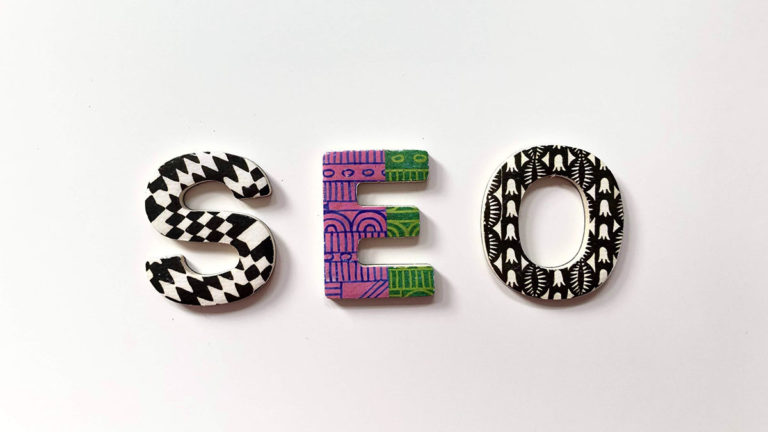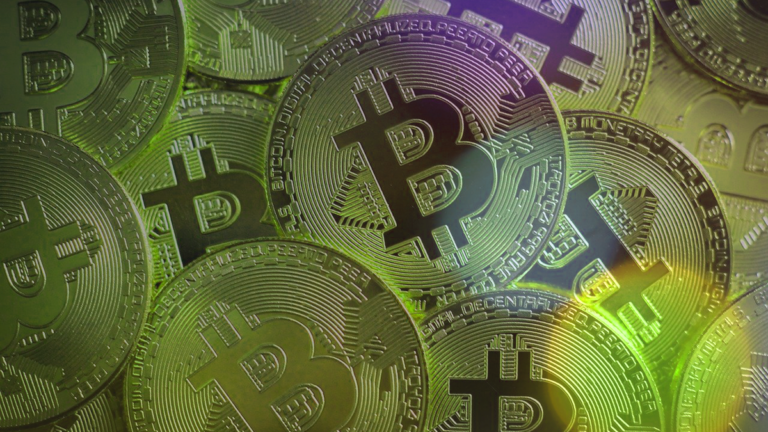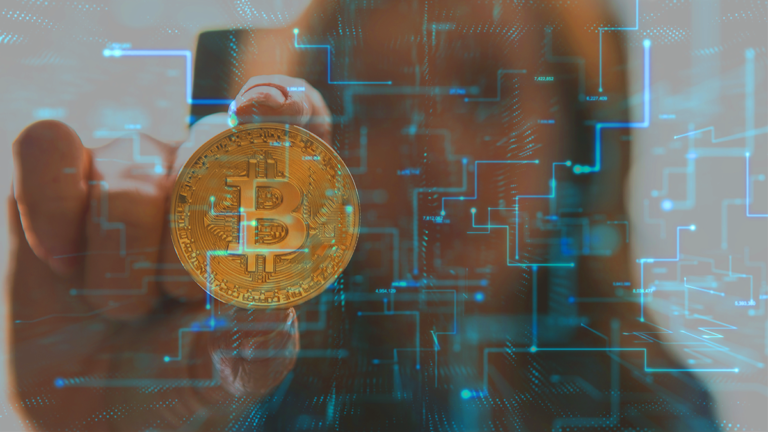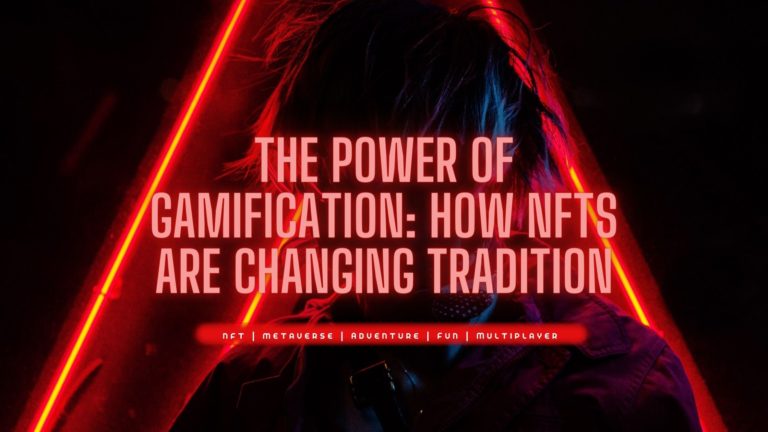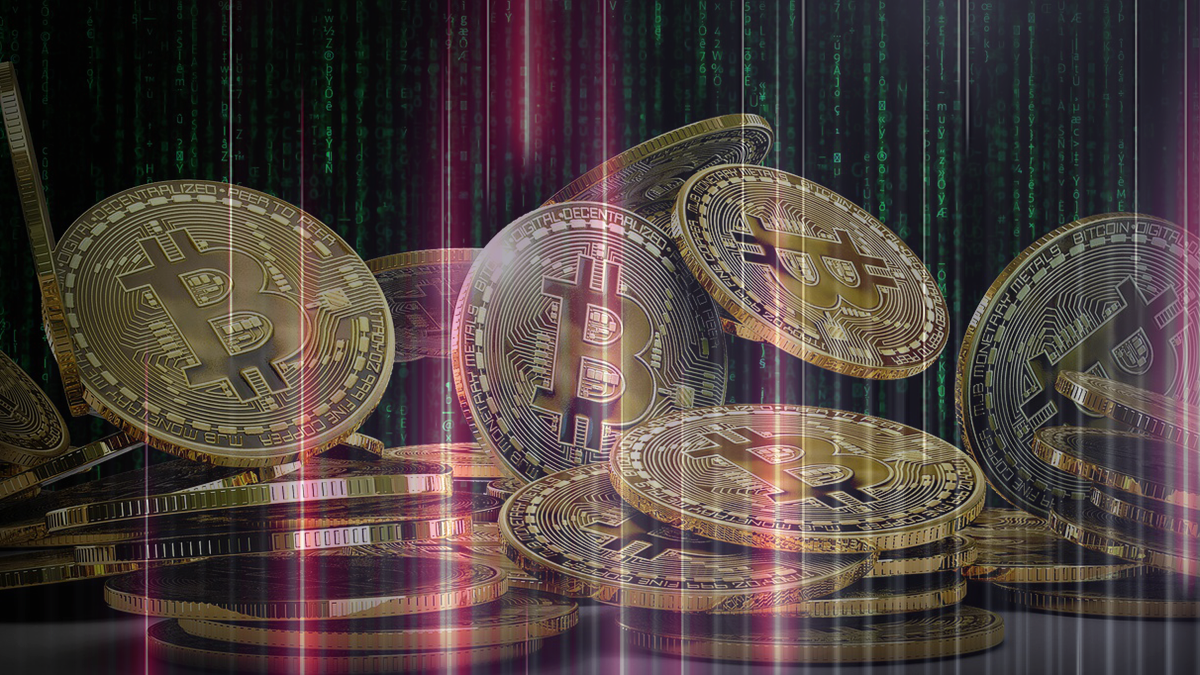
It’s a familiar trope in Bitcoin and crypto communities, with projects launching their own versions of independent blockchain-based money, the messages of “banking the unbankable” and “being your own bank” are preached from the crypto pulpits to would-be adopters in the congregation of online listeners.
The first message was popular especially in the 2016 and 2017 era of an initial coin offering (ICO) every few minutes — what was more appealing than taking on the modern problem of billions of so-called unbanked people and giving them access to financial services they otherwise would never be able to get if they knocked on the doors of traditional banks? For many living in developing economies especially, when identification papers or deeds to their homes aren’t a given, how do they prove credit lines, proof of income, and residential address? Crypto was the marvellous money that allowed anyone to own and use it.
And what about “being your own bank”? Instead of trusting a bank to store your money safely, and risk theft or your government’s central bank going under overnight (it’s happened not just in unstable economies, but also to Greece just ten years ago)… why not trust yourself only with your money? Access loans, savings accounts, and all kinds of financial instruments and services on your own with Decentralized Finance (DeFi).
The idea of sovereign money, free money, beyond just being a libertarian dream, had cast banks and the old world of financial and banking systems in the role of the villain.
But if banks are now accepting crypto, and crypto firms becoming banks…
Except now, it may no longer be the case that banks are the enemies of crypto and free money. Certainly not when we already have modern banks in highly-developed countries acting and transacting chiefly with cryptocurrency.
Late last year, Union Bank AG became the first regulated bank in the EU to formally support crypto-based transfers, manage ICOs and even issue its own Swiss Franc based security token.
It’s not really the first — there is a private bank called Bank Frick in the same country (Liechtenstein) already with the majority of its banking done with or in crypto, and there are countless other smaller banks in Europe also dealing with some form of crypto of blockchain-based stablecoins — but it was significant because Union Bank was a big, public bank. One of the old-schoolers.
And it’s going in both directions too! This year, Kraken, one of the first names in crypto exchanges, essentially became the first US crypto bank in history when it won its first special purpose depository institution (SPDI) charter in Wyoming. The SPDI charter (pronounced “speedy”) might not have made big headlines, but it was huge in its own right. Kraken’s Chief Legal Officer Marco Santori reflected:
As crypto grows to include more and more of the mainstream and starts to touch more and more of our everyday lives, we are going to see that phenomenon occur in crypto as well. There are going to be people who come into the tent who want the kind of services that banks can provide. We want to service those people. We want to be good stewards of their trust. Thankfully the State of Wyoming has had a vision for that evolution and they have made this a reality for the crypto industry.
Who the bank is doesn’t matter
Of course, the attempts on both sides to merge with each other — traditional and digital — hasn’t always been easy in the US or in Europe. In the EU and in the UK, there is still no clear-cut guidance of how to do this from regulators, although there are signs that there will soon be a mutual coexistence.
A month after Kraken’s breakthrough in June, the Office of the Comptroller of the Currency put out a circular confirming that banks falling under the purview of Federal regulators would now be able to provide custody services for crypto. The OCC’s acting comptroller, Brian Brooks, last month also proposed a new rule that would force all banks to serve every legal business — including crypto, and has promised to see how banks would be able to tap into blockchain as payment methods.
So the battle lines are blurred, and the demarcations become more invisible.
Eventually, we may come to face a future where there are no sides anymore. Not crypto versus banks, and not banks against crypto adoption. But a singular, evolving world of finance that must learn to move into a future where it can thrive, or face extinction.
And that’s really not such a bad thing for any of us, banks or crypto.


